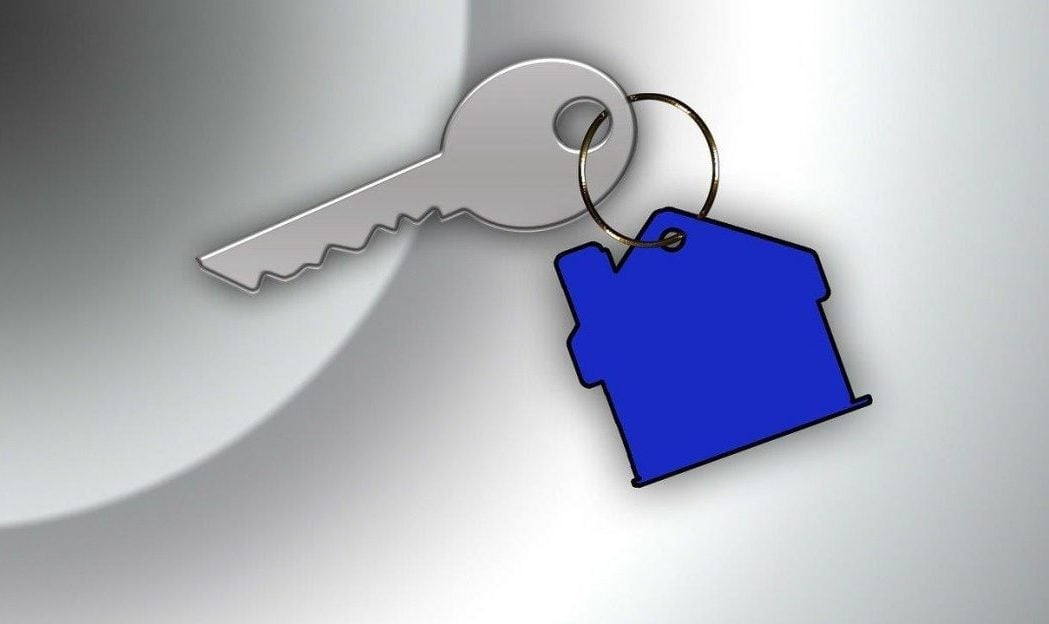If you’re selling your home, you should be aware of what a real estate agent needs to know to do a professional job.
A successful client-realtor relationship is essential so that the realtor can understand the client’s expectations and the client can grasp the realities of the marketplace. And that’s where good communication comes in.
Here are some of the things I cover with a prospective client to figure out how we can best work together.
Wishlist
The wishlist is important and should be the first part of a conversation. It lets the agent determine the client’s must-haves, nice-to-haves and will-not-haves, including the lifestyle they are visualizing, the ideal location and nearby services they’d like, and the architectural style, features, interior design and layout they are seeking.
With this foundation established, we can sort out what they absolutely desire and what they will never consider. It’s as important for the agent to know the deal breakers as it is to know the aspirational ideals so that we can seek out appropriate potential homes.
Price range
Knowing the client’s budget early in the process is critical because it ensures both parties are realistic about the market and the homes that will be seen. It’s wonderful when a client is pre-approved for a mortgage, since it means they won’t invest time and emotional energy finding their dream home only to suffer the shock of learning that they can’t afford it.
An important follow-up step is discussing the full cost of home ownership – for example, utilities and property taxes – and the inevitable unexpected costs like a leak in the roof or a broken furnace or air conditioning unit. There’s no point in buying a home that you can’t afford to furnish or entertain your friends in.
Timeline
Determining the timeline includes questions such as: Can you afford to buy without selling your current home? Can you deal with the uncertainty if you buy a home and your current home is not sold? Are you approved for bridge-financing if you need to carry two homes? Are there other financing options to consider?
The goal is to minimize surprises by considering both the positive and negative financial scenarios of each unique client situation.
The experience
A service-focused agent will ask how he or she can provide the best experience possible. Is the client at the preliminary “shopping around phase” or are they eager to move immediately? How do they want to be contacted and how frequently? I continue to be amazed at how often clients prefer to communicate almost exclusively by text.
It’s also important to know whether a client is more likely to make a decision based on their “head or heart,” because that helps me to know how best to present the information they need to make a decision.
While there are many things that go into the realtor-client relationship, getting these areas right goes a long way to making the buying and selling process a smooth one.
Originally published June 27, 2017

